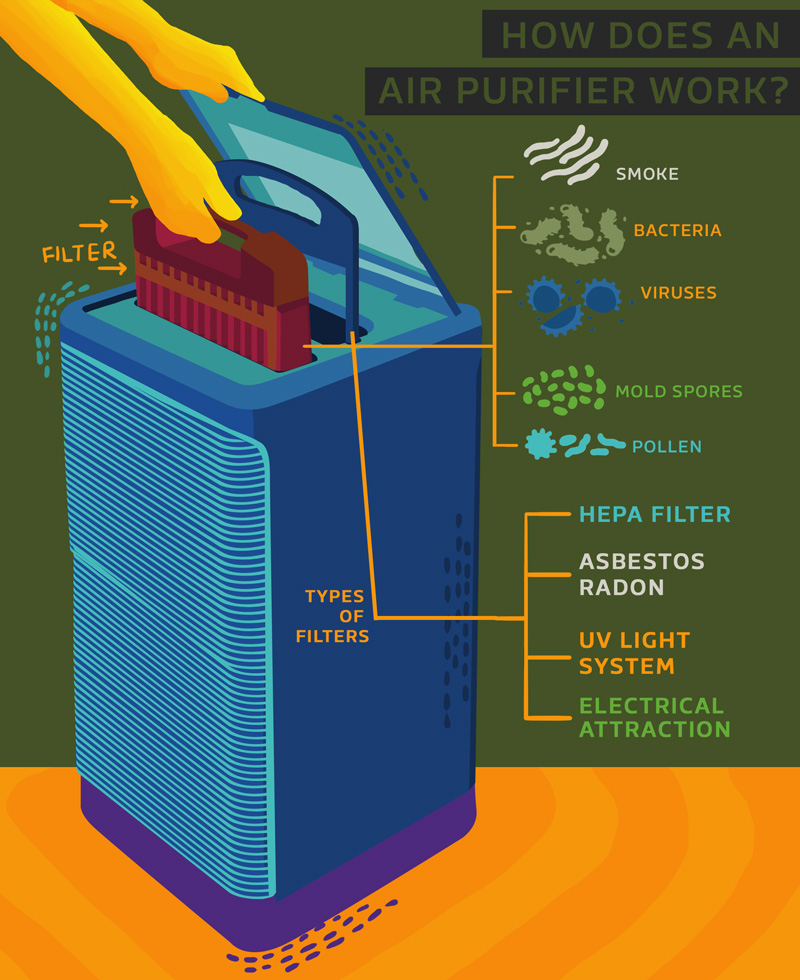How Weather Impacts Heatpump Efficiency And What You Can Do About It
How Weather Impacts Heatpump Efficiency And What You Can Do About It
Blog Article
Authored By-Tuttle Regan
When it pertains to your heatpump, weather condition plays a critical role in its performance. From freezing temperature levels to sweltering heat, each element can influence exactly how efficiently your system operates. Yet what can you do to combat these weather-related challenges and ensure your heatpump is operating at its ideal? Stay tuned to uncover practical suggestions and approaches to maximize your heatpump's efficiency, despite the weather it encounters.
Climate Variables Impacting Heat Pump Effectiveness
Climate aspects have a significant effect on the efficiency of heatpump. One essential factor is temperature level. Heatpump function by transferring warmth from outdoors to within throughout wintertime and vice versa in summer season. As simply click the following article decrease, it comes to be harder for the heat pump to remove heat from the outdoors air, decreasing its efficiency.
One more crucial element is moisture. High humidity degrees can make it much more challenging for the heatpump to launch warmth during the cooling procedure.
Furthermore, wind speed plays a role. Strong winds can dissipate the heat absorbed or released by the heatpump, impacting its general efficiency.
Tips for Optimizing Heat Pump Efficiency
To boost the efficiency and durability of your heatpump, applying a few vital strategies can make a considerable distinction in its efficiency.
First of all, make certain regular upkeep by cleansing or changing filters every 1-3 months to prevent air movement clogs and make best use of air flow. In addition, routine yearly expert assessments to detect and resolve any type of prospective problems early.
Optimum thermostat setups likewise play a vital function. During the wintertime, aim for a temperature level setup that's as reduced as comfy, and during the summer season, set it as high as comfy to reduce the work on your heat pump. Using a programmable thermostat can aid you immediately readjust setups based on your routine.
Additionally, securing leaks in ductwork and protecting ducts in unconditioned areas can avoid power loss and improve total system efficiency.
Last but not least, think about mounting a smart thermostat that can learn your habits and readjust setups appropriately, further optimizing your heat pump's efficiency. By complying with these tips, you can guarantee your heat pump operates efficiently and properly throughout the year.
Best Practices for Weatherproofing Your Heat Pump
For optimum efficiency and performance of your heatpump, executing weatherproofing measures is vital. Beginning by securing any type of spaces or cracks around doors, home windows, and ductwork to avoid warmth loss and maintain a constant indoor temperature.
Protect revealed pipes and air ducts to prevent cold during cold weather and guarantee proper air flow. Consider setting up a protective cover over the outside unit to secure it from rough weather aspects like snow, ice, and debris.
Frequently tidy the outdoor unit to eliminate dirt, leaves, and debris that can block air flow and decrease efficiency. Additionally, keep the area around the heatpump clear of snow, ice, and plants to permit correct air flow.
Conclusion
Now that you recognize how weather condition affects your heatpump performance, you can take aggressive actions to optimize its effectiveness. By following the suggestions described in this article, such as routine maintenance, thermostat modifications, and weatherproofing steps, you can make sure that your heat pump operates at its finest regardless of the weather. Stay ahead of the game and maintain your home comfy throughout the year.
